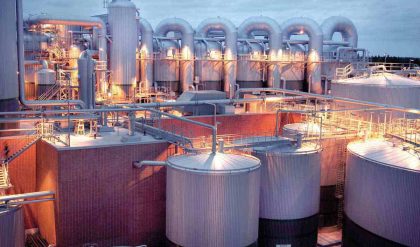Thermodynamics is the branch of Physics which is concerned with the relationship between other forms of energy and heat. We can define thermodynamics as:
To be specific, it explains how thermal energy is converted to or from other forms of energy and how matter is affected by this process. Thermal energy is the energy that comes from heat. This heat is generated by the movement of tiny particles within an object. The faster these particles move, the more heat is generated.
What is thermodynamic process?
A thermodynamic process is a passage of a thermodynamic system from an initial to a final state of thermodynamic equilibrium.
Thermodynamics Timeline
Thermodynamics has many sections under it and is considered as a broad subject because it deals with topics that exist all around us and thus classification becomes necessary.
Classical Thermodynamics:
In this section, the behaviour of matter is analyzed with a macroscopic approach. Units such as temperature and pressure are taken into consideration which helps the individuals to calculate other properties and to predict the characteristics of the matter that is undergoing the process.
Statistical Thermodynamics:
In this section, every molecule is under the spotlight i.e. the properties of each and every molecule and ways in which they interact are taken into consideration to characterize the behaviour of a group of molecules.
Pure Component Thermodynamics:
As the name itself states, this section tries to describe the behaviour of a system that has an unadulterated or pure constituent.
Solution Thermodynamics:
This section attempts to describe the behaviour of a system that contains more than one chemical in the mixture.


Comments are closed.